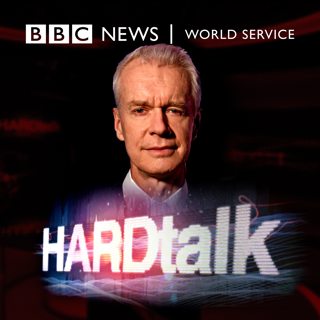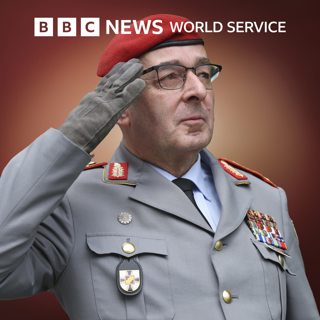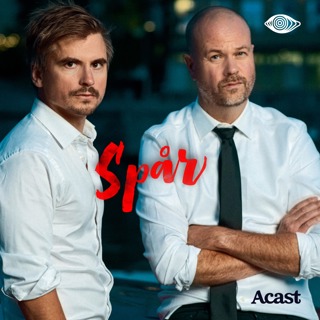
Mohamed Waheed - President of the Maldives
The Maldives was plunged into political crisis when the former president Mohamed Nasheed resigned, claiming to have been forced out of his position. He was succeeded by his former vice president - Mohamed Waheed - who denies allegations of taking part in a coup. President Waheed is now building a government of national unity, but with tensions still running high between him and supporters of his predecessor, how safe is the island nation's democracy?(Image: Maldivian President Mohamed Waheed Hassan. Credit: Associated Press)
16 Mars 201223min

Abdel El-Menway - Former Head of Egyptian TV
A year has passed since the uprising that ended the 30-year rule of Egypt's former president, Hosni Mubarak. Since then the country has struggled to establish democracy and credible elections under the control of the Supreme Council of the Armed Forces. Human rights abuses are continuing and the animosity between pro-democracy activists and the Establishment is escalating. Abdel El-Menawy is the former head of Egyptian television. He helped draft Hosni Mubarak's final speech and has written a book detailing the final days of his rule. Presented by Stephen Sackur.(Image: An Egyptian boy wearing an Egyptian national flag in Tharir Square. Credit: Getty Images)
14 Mars 201223min

Said Ferjani - Ennahda political party, Tunisia
Tunisia is the first Arab nation to be transformed by people power but how successful has the transition to democracy been? Stephen Sackur talks to Said Ferjani who is a key figure in the Ennahda Movement - the moderate Islamist political party which dominates the democratically elected Tunisian government. Ennahda says it is committed to building a Muslim democracy. Is Tunisia a model which the rest of the Arab world can follow?
12 Mars 201223min

Moncef Marzouki - President of Tunisia
Hardtalk is in Tunisia a year after the revolution which gave birth to the Arab Spring. Stephen Sackur meets Moncef Marzouki - a man who has undergone an extraordinary transformation from political prisoner and dissident exile to president of the Republic. He now heads a coalition government of Islamists and secularists. The country has become the test bed for the new politics of the Arab world. Can Tunisia make a success of its revolution?(Image: Tunisian President Moncef Marzouki. Credit: AFP/Getty Images)
9 Mars 201223min

Jacqueline Wilson - Children's author
Over the past ten years Jacqueline Wilson has been the most borrowed author from British libraries. She's sold 30 million of her books just in the UK - and written nearly a hundred of them over the years - girls love them. They almost always focus on a young girl in a difficult family usually being brought up single-handedly by her mother, sometimes with an abusive stepfather. And often featuring drink or drugs. So why does she draw on such bleak territory?Jacqueline Wilson talks to Sarah Montague
7 Mars 201223min

Nana Akufo-Addo - Ghanaian presidential candidate
Ghana has been hailed as a shining example to all of Africa - a model of democracy, decent governance and responsible economic management in a continent struggling to fulfil its potential. But if Ghana looks like a success story to outsiders, how does it look to Ghanaians themselves?Nana Akufo-Addo is the leader of the main opposition party and candidate for president. Stephen Sackur asks him if Ghana can use its resource wealth and inward investment to benefit the many, not just a few.
5 Mars 201223min

Egemen Bagis - Turkey's Chief EU Negotiator
Turkey is a rising power in a strategically vital region, but does it have the ability to shape events beyond its borders? Officials in Ankara would like to see Turkey inside the EU and providing leadership in the Middle East, but both goals remain elusive.Stephen Sackur talks to Egemen Bagis, Turkey's minister for Europe. His country is flexing some diplomatic muscle, but is it having the desired effect.
2 Mars 201223min

David Miliband - UK Foreign Secretary 2007-2010
Politics can be a cruel business. No one knows that better than Britain's former foreign secretary David Miliband. He was hot favourite to lead the UK's Labour party after its dismal 2010 election defeat, but he lost out to his younger brother Ed. His steady rise to the political summit was halted, but he remains a Labour MP, and he still makes carefully timed interventions in foreign policy and national politics. Without the trappings of power, how does David Miliband maximise his influence?
29 Feb 201223min






















